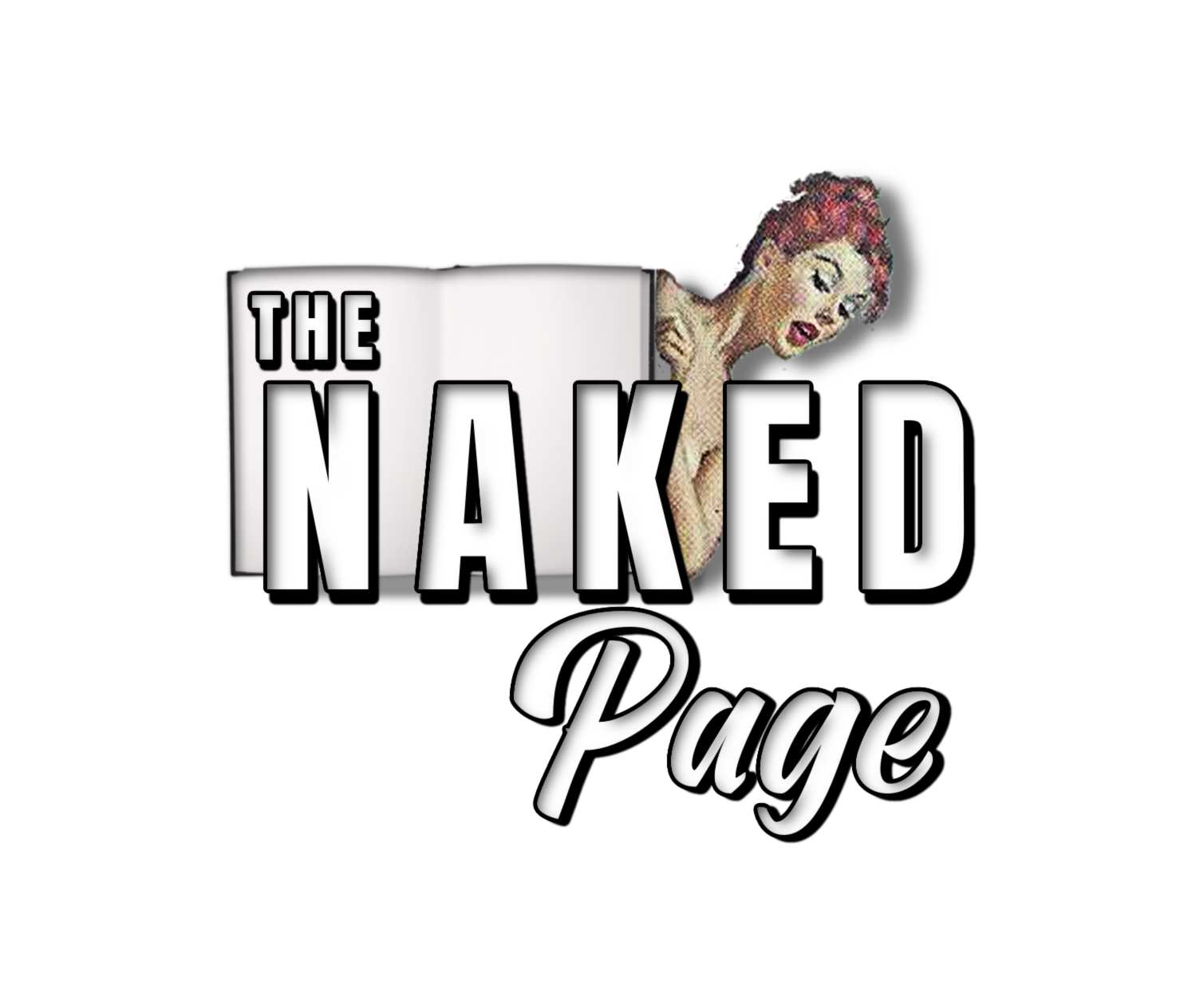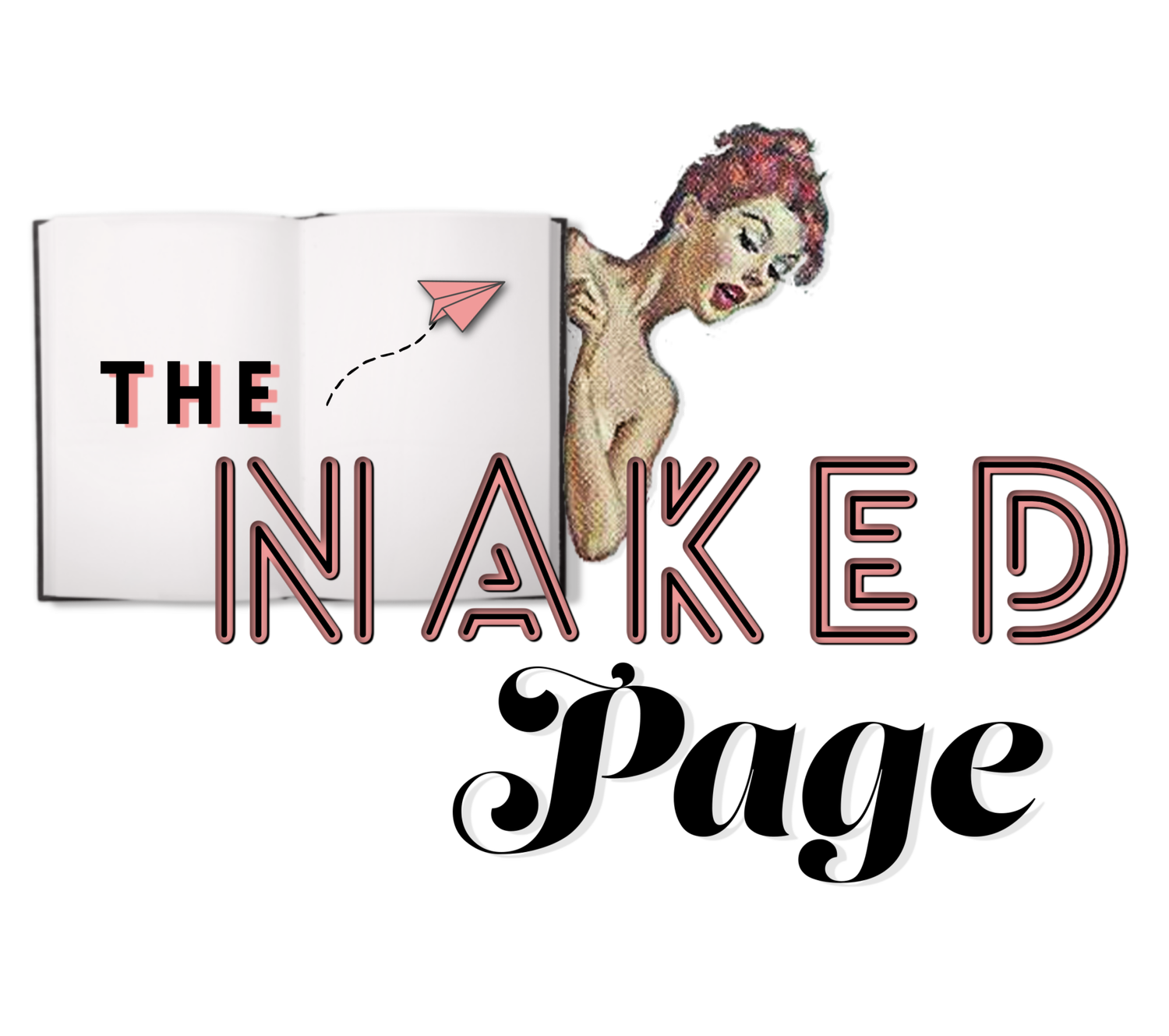A Return to Writing
Girl, I have been gone for a minute.
When I made my last blog post This is the End in December of 2019, I had no idea how prophetic that title would be. In the last two and a half years, I’ve had a battle with chronic illness due to mold exposure. I’ve had to homeschool my kiddo—a Montessori dropout—since COVID hit. And my family and I moved across the country.
Regular writing and editing were not options for me.
But times change. And if you’re a writer, you’ll find your way back to writing eventually.
I gained a passion for going back to the beginning. Alllllllllllll the way back.
When my daughter’s school shut down, I knew it was my duty to teach her at home. I do have a teaching certification, but honestly, I didn’t feel prepared. I taught preschool 25 years ago and High School English a little over a decade ago.
I had never tackled teaching early literacy to elementary-age kids. But I rolled up my sleeves, took a lot of professional development classes, and tested many different types of curricula.
Let me tell you:
Teaching children how to read is harder than teaching Shakespeare. No joke!
Going back to the beginning and teaching myself how to instruct introductory language arts has caused me to re-examine reading and writing in some pretty tremendous ways.
What even is a word?
Sometimes I no longer know.
I’ll admit I was resentful about homeschooling at first. Didn’t the universe know I had just started my own business? That I had a website with a blog to keep up. That I had four ebooks almost completed that only needed to be edited before I could get them online. And that teaching ABCs and 123s wasn’t the best use of my time.
Sometimes things happen for a reason. I hate that saying. But in just the last few years, I’ve had a mental shift about it.
An old friend passed away unexpectedly. Someone I had lost contact with, but who was always a big advocate of my writing—not just the creation part, but also the having your writing be seen part. I took his crossing over as a sign I should get back to memoir writing. But I soon found myself working on my four writing craft books instead.
I still believe the power is in the process.
And I was editing craft books about the writing process at the same time I was exploring introductory writing and reading techniques for my kiddo. You gain respect for a language when you analyze all that’s involved in the process of forming, listening to, speaking, and reading words.
With lots of trial and error, I found the best ways to teach my daughter.
Okay, so I also hacked several different language arts curricula. Classroom sets are crazy expensive. I’ve seen some at $4K that you can’t get your hands on unless you’re a current classroom educator. Through various avenues, I’ve acquired lesson plans, student copies, and reading lists. Matched with my methods of madness.
At first, I gravitated to a curriculum that was focused on the comprehension portion of reading only. Then I realized, I also had to invest in another program for a phonics curriculum. And yet another program for phonemic and phonological awareness. And a separate curriculum for basic writing. As if that weren’t enough, I’d then need to figure out in what order to teach all these pieces of the literacy puzzle.
It was daunting. But I made it work.
And what the heck is the difference between a decodable reader and a leveled reader, anyway?
Well, I know now because I’ve been studying this stuff for nearly three years. But if you wanna feel like a real idiot, try figuring out that last question on your own. Most teachers even struggle with understanding the best ways to approach early literacy. In case you thought schoolteachers were boring, there have been some pretty heated debates going on in the world of early literacy. Balanced literacy curricula are being recalled due to teacher demand. Even laws have been changed in four different states—with more coming, I suspect.
Ouch!
But in reading up on all of this, I’ve gained a newfound respect for every aspect of our language.
Oh yeah, and I’m teaching myself math, too—from the beginning. And guess how math is getting taught these days? Through stories.
I’ve also spent the last few years designing websites for friends and I’ve done a heck of a lot of copywriting and some ghostwriting to boot!
What’s the through line here?
Words.
Stories.
That’s right, writing. I say I had to quit writing because I stopped writing my memoirs and craft books. But did I really stop writing? No, not ever. I wasn’t writing the way I wanted to write. But I was still producing content.
If you’re a writer, you will always write, even when you aren’t officially crafting your stories.
Writing doesn’t leave you just because you take a break or give up.
I’ve tried. I did shut down The Narrative Nest website, so I could focus strictly on one site. But no matter what obstacles are in your way, if you have a passion for the written word, you’ll find your way back to storytelling.
Try to have patience with unforeseen circumstances that prevent you from showing up to your writing progress. If you are stuck in a non-writing period, utilize that time to see the stories that surround you.
Improve your skills by taking a class.
Investigate children’s or young adult writing.
Analyze ways to re-see storytelling.
Geez, read some books on grammar!
Or do some other creative work like taking a jewelry-making or cooking class.
Just don’t say you’re no longer a writer simply because the world is forcing you to take a break from crafting narratives.
If stories mean something to you, they will find you again. And the most important thing you can do is just be ready to capture them when they arrive.
One thing’s for certain. I have all these brand-new blog posts because I’ve taken so many notes and written out fragments of ideas over the last several years.
Notetaking is real writing.
Just remember the pauses are okay, too. The pauses in music make the notes more powerful.
And the period at the end of a sentence gives us a break before we start a new thought.
Sometimes your stories need a time out and your work must rest.
But be ready when it starts up again. You may get an avalanche of ideas.


